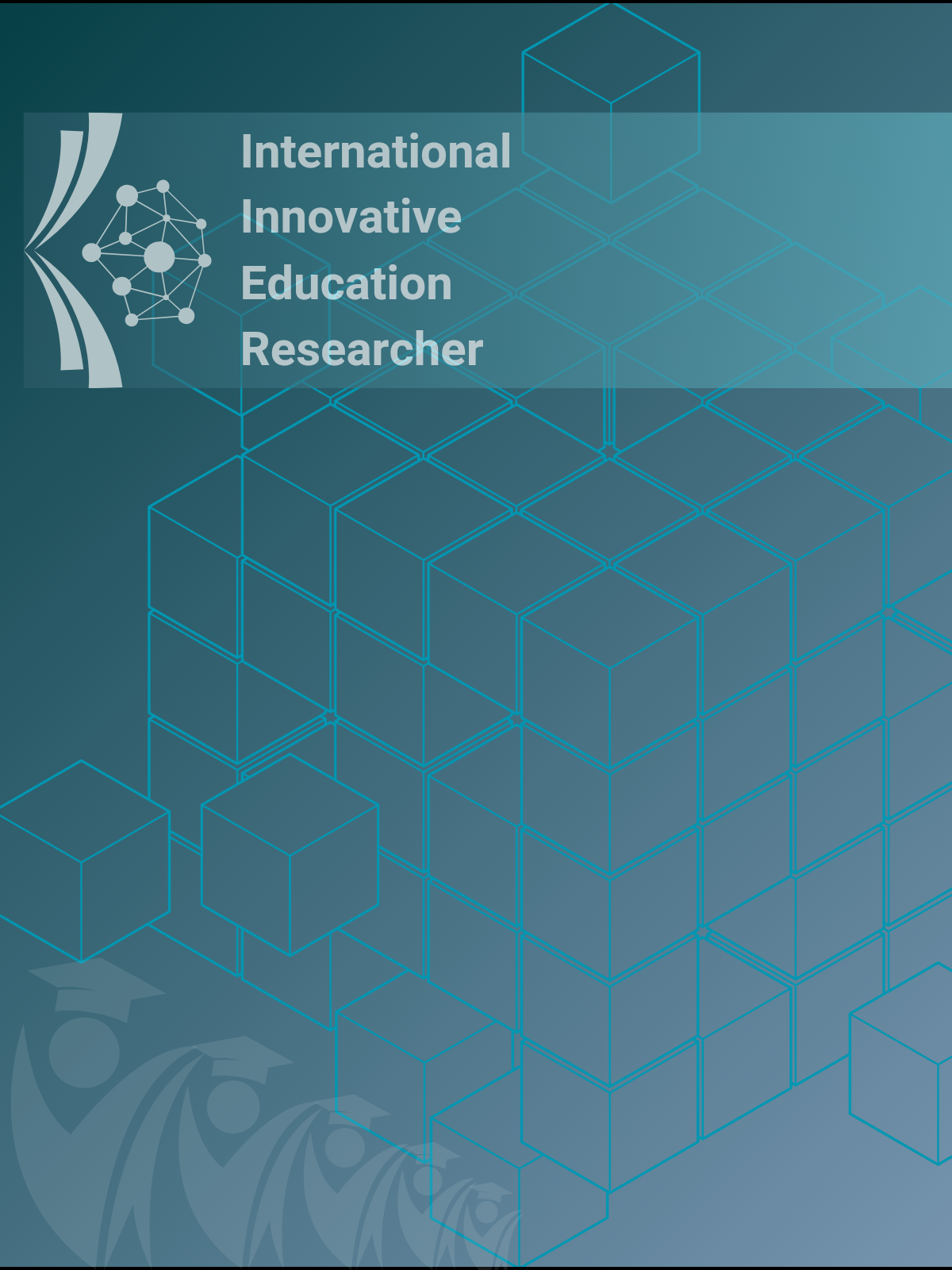ÖZEL GEREKSİNİMİ OLAN ÇOCUKLARIN EBEVEYNLERİNDE PSİKOLOJİK KATILIK VE UMUTSUZLUK ARASINDAKİ İLİŞKİLERİN İNCELENMESİ
Author :
Abstract
Bu araştırmanın amacı özel gereksinimli olan çocukların ebeveynlerinin psikolojik katılık düzeyleri ile umutsuzluk düzeyleri arasındaki ilişkilerin incelenmesidir. Bu araştırmanın yöntemi nicel araştırma yöntemlerinden ilişkisel tarama modeli ile desenlenmiştir. Araştırmanın çalışma grubu 2024 yılında uygun örnekleme yoluyla ulaşılan 313 anne (% 56.5) ve 241 baba (% 43.5) olmak üzere toplam 554 özel gereksinimi olan çocuğa sahip ebeveynlerden oluşmaktadır. Veri toplama araçları olarak Kabul ve Eylem Formu-II, Beck Umutsuzluk Ölçeği ve Kişisel Bilgi Formu kullanılmıştır. Verilerin analizinde betimsel istatistikler, t-testi ve pearson korelasyon katsayısı ve basit doğrusal regresyon analizi kullanılmıştır. Bu araştırmanın sonucunda yapılan t-testine göre ebeveynlerin umutsuzluk düzeyleri cinsiyete (t552=-.198, p>.05), çocuğun tanısına (t552=.798, p>.05) ve özel gereksinimli çocuğun kardeşi olmasına göre (t552=-.101, p>.05) göre anlamlı düzeyde farklılaşmamaktadır. Yapılan Pearson Momentler Çarpımı Korelasyon Katsayısı analizi sonucuna göre ebeveynlerin psikolojik katılık ve umutsuzluk puanları arasında pozitif yönde orta düzeyde anlamlı bir ilişki elde edilmiştir (r=.406, p<.01). Yapılan regresyon analizi sonucuna göre ebeveynlerin psikolojik katılık puanları umutsuzluk puanlarını anlamlı düzeyde yordamaktadır (F1-552=109.003, R=.40, R2= .16, p<.01).
Keywords
Abstract
The aim of this study is to examine the relationship between the psychological inflexibility levels and hopelessness in parents of children with special needs. This research is designed using the correlational survey model, one of the quantitative research methods. The study group of the research consists of a total of 554 parents with special needs, including 313 mothers (56.5%) and 241 fathers (43.5%) who were reached through convenient sampling in 2024. The Acceptance and Action Questionnaire-II, Beck Hopelessness Scale, and Personal Information Form were used as data collection tools. Descriptive statistics, t-test, Pearson correlation coefficient, and simple linear regression analysis were used in the analysis of the data. According to the t-test conducted as a result of this research, parents’ levels of hopelessness do not differ significantly based on gender (t552=-.198, p>.05), the diagnosis of the child (t552=.798, p>.05), or the presence of the siblings for the child with special needs (t552=-.101, p>.05). according to the Pearson Product-Moment Correlation Coefficient analysis, a moderately significant positive relationship was found between parents’ psychological inflexibility and hopelessness scores (r=.406, p<.01). according to the regression analysis, parents’ psychological inflexibility scores significantly predict hopelessness scores (F1-552=109.003, R=.40, R2= .16, p<.01).





